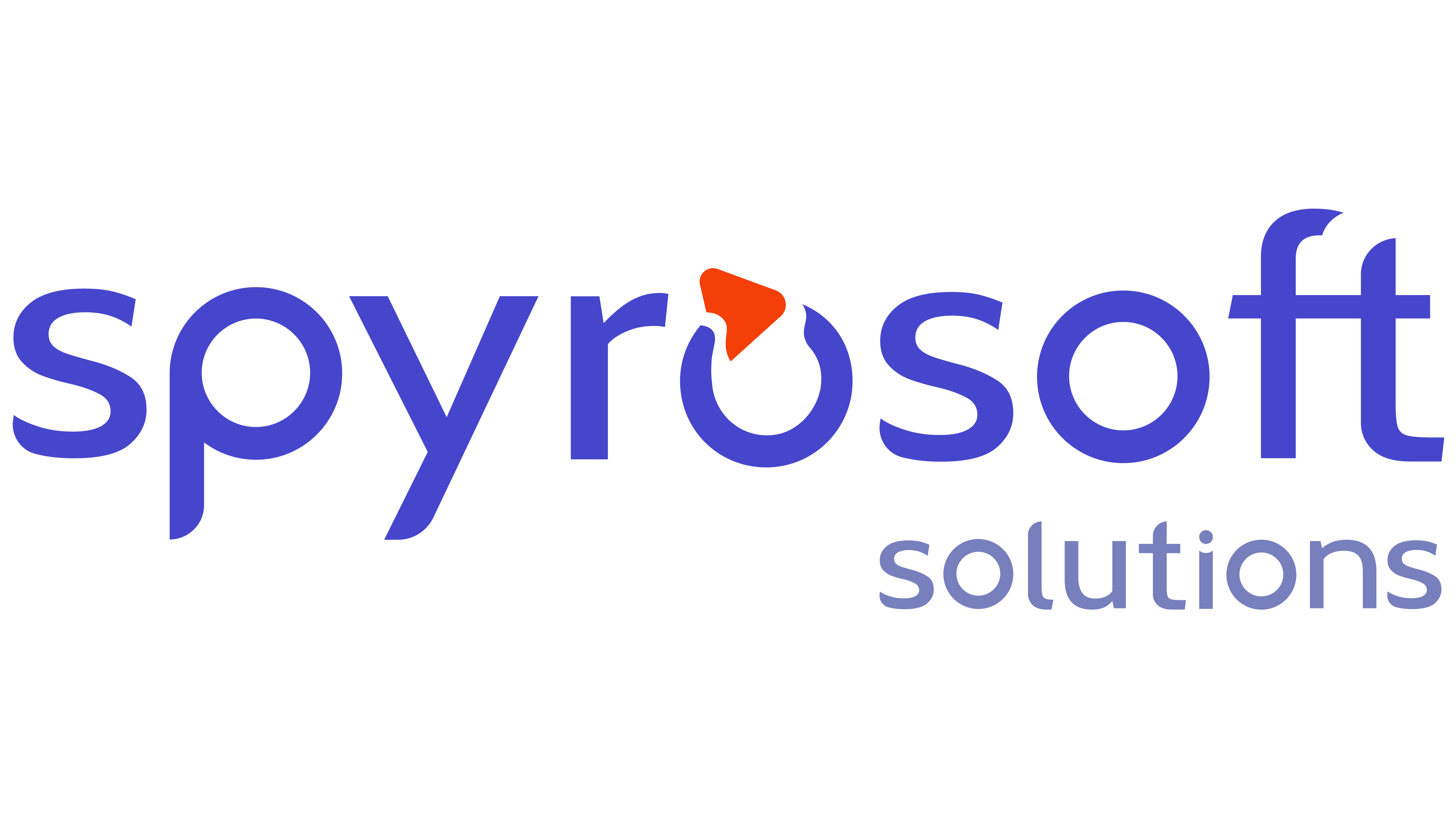Scargo project was written by Spyrosoft team. Find more information at spyro-soft.com.
This is the documentation for scargo - a Python-based C/C++ package and software development life cycle manager inspired by RUST cargo idea.
scargo can:
- Create a new project (binary or library)
- Build the project
- Run static code analyzers
- Fix chosen problem automatically based on the checker analysis
- Run unit tests
- Generate documentation from the source code
- Work with the predefined docker environment depending on the chosen architecture
Scargo is available on pypi, so you can install it with pip:
pip install scargo
If system does not find 'scargo' command after installing, add the installation directory to your env paths. On Ubuntu you can find installation directory by running:
$ find / -name "scargo"
Then add to PATH:
$ export PATH=~/.local/bin:${PATH}
You can find all information on how to work with scargo on official documentation webpage: https://spyro-soft.github.io/scargo/index.html
- docker
- docker-compose
- pip
- python3
Base:
- python >= 3.8
- cmake >= 3.24.2
- cppcheck lib32z1 clang clang-format clang-tidy gcovr doxygen libcmocka0 libcmocka-dev
- lizard
Depending on the architecture:
- compiler (e.g. gcc-arm-none-eabi-9-2020-q2-update gcc-arm-none-eabi)
- flashing tools
- uC HAL and dependent files
- much more....
You can always change work environment between docker or native after project is created. Just edit the scargo.toml file ([project] -> build-env = "docker" or build-env = "native").
-
If you create a new project, run
docker compose run scargo-devto run project development image depending on chosen architecture. All dependencies should be already there. Run scargo commands as you would do natively. -
If you create a project with --docker flag (
scargo new <my_proj> --docker ...) or with any docker flag, by default each scargo command will be triggered in docker.
- Create a project with --no-docker flag (
scargo new <my_proj> --no-docker ...).
You can make changes in scargo and install it locally using pip install . command when you are in the main project folder.
To test the custom scargo version and have this custom scargo available also inside the docker (crucial for testing), in created project update docker-compose.yaml:
volumes:
- ..:/workspace
- /dev:/dev
- ~/.local/lib/python3.10/site-packages/scargo:/usr/local/lib/python3.8/dist-packages/scargo
Where ~/.local/lib/python3.10/site-packages/scargo is a path to scargo on your local machine. It the following path is not working, find installation dir using pip show scargo.
To keep this setup between scargo update commands, in scargo.toml file update also update-exclude as in following example:
update-exclude = [".devcontainer/docker-compose.yaml"]
See contributing guide on https://spyro-soft.github.io/scargo/contributing.html
